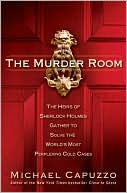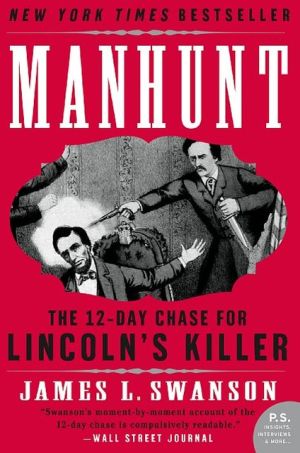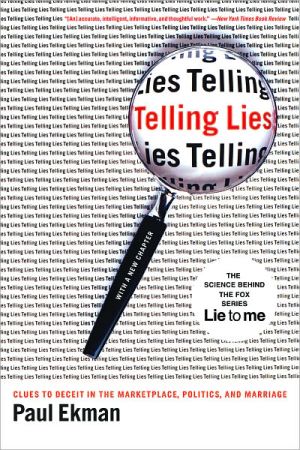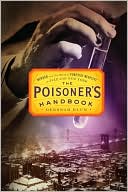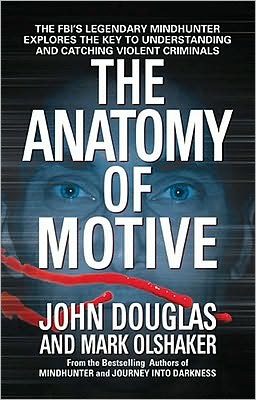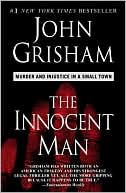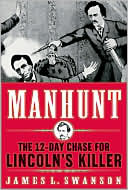Fraud: Organization, Motivation and Control
Search in google:
AcknowledgementsviiSeries PrefaceixIntroductionxiPart IPatterns of Fraud Victimization1'Insurance Fraud', British Journal of Criminology, 29, pp. 1-20. (1989)32'Organized Cross-Atlantic Crime: Racketeering in Fuels', Crime, Law and Social Change, 22, pp. 127-47. (1995)233'Abuse of the Corporate Form: Reflections from the Bottom of the Harbour', University of New South Wales Law Journal, 10, pp. 67-102. (1987)454'Transaction Systems and Unlawful Organizational Behavior', Social Problems, 29, pp. 373-79. (1982)815'Credit and Cheque Card Fraud: Some Victim Survey Data and their Implications', Home Office Research and Statistics Department Research Bulletin, 31, pp. 3-8. (1991)896'Designing Crime: The Short Life Expectancy and the Workings of a Recent Wave of Credit Card Bank Frauds', British Journal of Criminology, 26, pp. 234-53. (1986)957'Counterfeiting Credit Cards: Displacement Effects, Suitable Offenders and Crime Wave Patterns', British Journal of Criminology, 37, pp. 165-83. (1997)1158'Organising Plastic Fraud: Enterprise Criminals and the Side-Stepping of Fraud Prevention', The Howard Journal of Criminal Justice, 37, pp. 423-38. (1998)1359'Small Business: White-Collar Villains or Victims?', International Journal of the Sociology of Law, 13, pp. 247-59. (1985)15110'On Cooling the Mark Out: Some Aspects of Adaptation to Failure', Psychiatry, 4, pp. 451-63. (1952)16511'Victimization of Persons by Fraud', Crime & Delinquency, 41, pp. 54-72. (1995)17912'Long-Term Consequences of Victimization by White-Collar Crime', Justice Quarterly, 11, pp. 75-98. (1994)199Part IIExplaining Involvement in Fraud13'From Fiddle Factors to Networks of Collusion: Charting the Waters of Small Business Crime', Crime, Law and Social Change, 20, pp. 319-37. (1993)22514'The Criminal Violation of Financial Trust', American Sociological Review, 15, pp. 738-43. (1953)24515'The Heavy Electrical Equipment Antitrust Cases of 1961', in Marshall B. Clinard and Richard Quinney (eds), Criminal Behaviour Systems: A Typology, 1st edition, New York: Holt, Rinehart and Winston, Inc., pp. 117-32. (1967)25116'Embezzlement without Problems', British Journal of Criminology, 14, pp. 70-77. (1974)26717'White-Collar Crime and the Study of Embezzlement', The Annals of the American Academy of Political and Social Science, 525, pp. 95-106. (1993)27518'Crime at Work: The Social Construction of Amateur Property Theft', Sociology, 12, pp. 245-63. (1978)28719'Motivations and Criminal Careers of Long-Firm Fraudsters', in The Phantom Capitalist: The Organisation and Control of Long-Firm Fraud, London: Gower (originally Heinemann), pp. 85-125, 335-41. (1981)30720'Denying the Guilty Mind: Accounting for Involvement in a White-Collar Crime', Criminology, 23, pp. 583-607. (1985)35521'Selling Hope, Selling Risk: Some Lessons for Law from Behavioral Economics About Stockbrokers and Sophisticated Customers', California Law Review, 84, pp. 627-701. (1996)38122'The Problem of White-Collar Crime Motivation', in Kip Schlegel and David Weisburd (eds), White-Collar Crime Reconsidered, Boston: Northeastern University Press, pp. 108-23. (1992)45723'Specific Deterrence in a Sample of Offenders Convicted of White-Collar Crimes', Criminology, 33, pp. 587-607. (1995)47324'Are White-Collar and Common Offenders the Same? An Empirical and Theoretical Critique of a Recently Proposed General Theory of Crime', Journal of Research in Crime and Delinquency, 29, pp. 251-72. (1992)49525'Organizational Offending and Neoclassical Criminology: Challenging the Reach of a General Theory of Crime', Criminology, 34, pp. 357-82. (1996)51726'Clarifying the Reach of A General Theory of Crime for Organizational Offending: A Comment on Reed and Yeager', Criminology, 36, pp. 867-83. (1998)54327'Of Corporate Persons and Straw Men: A Reply to Herbert, Green and Larragoite', Criminology, 36, pp. 885-97. (1998)561Name Index575
\ BooknewsTwenty-seven papers drawn from the pages of such journals as , , and the explore the patterns of fraud and explain perpetrators' involvement. Covering insurance, credit-card, fuel racketeering, embezzlement, and other white collar fraud, authors apply gender theory, control theory, and other analytical tools towards understanding how to minimize fraud. Examples of specific topics include long-term consequences of victimization by white-collar crime, organized cross-Atlantic crime, the heavy electrical equipment antitrust cases of 1961, and the social construction of amateur property theft. Annotation c. Book News, Inc., Portland, OR (booknews.com)\ \

